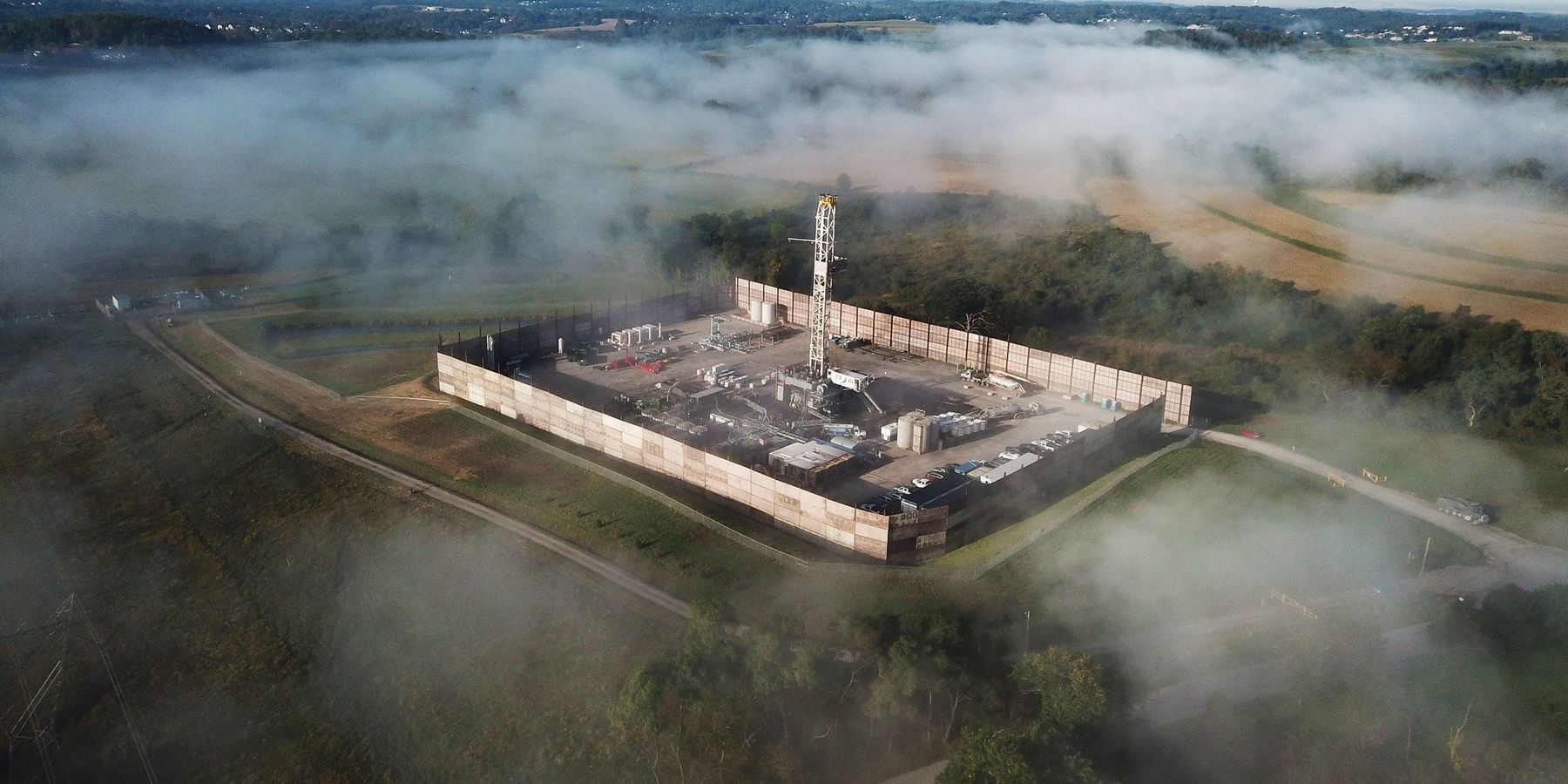
Living near oil and gas operations linked to worse mental health in people hoping to become pregnant
“If we’re concerned about healthy pregnancies, focusing on the period before pregnancy may be even more important.”
Living near oil and gas operations, including fracking wells, is linked to stress and depression in people who are planning pregnancies, according to a new study.
Previous research has found that living near oil and gas operations is linked to physical and mental health problems during and after pregnancy including preterm birth, birth defects, low birth weights and increased stress. However, little research exists on the effects of preconception mental health. Some studies suggest that poor mental health during this time period is associated with increased odds of pregnancy complications.
The new study, conducted by researchers at the Boston University School of Public Health and published in the American Journal of Public Health, is the first to investigate how living near oil and gas operations affects mental health in people who are hoping to become pregnant.
“There are around 29 studies to date on associations between residential proximity to oil and gas development and adverse birth outcomes,” Mary D. Willis, lead author of the study and assistant professor at the Boston University School of Public Health, told EHN. “That body of work is very focused on the long-term health of infants, which is important, but this work adds to that literature by centering the potentially pregnant person.”
Willis and her colleagues looked at mental health survey data for 5,725 people, including residents across 37 U.S. states and Canadian provinces, who were planning to get pregnant. The study only included people with household incomes below $50,000 a year since they may not have the resources to move away from oil and gas operations if they wanted to.
They found that people who lived within roughly six miles of active oil and gas development were more likely to report moderate-to-severe depressive symptoms than people living 12 to 31 miles away, and that higher levels of active oil and gas activity were linked to higher reported levels of depression. They also found that the closer people lived to oil and gas operations, the higher the intensity of their stress levels.
While the study doesn’t prove that oil and gas operations cause stress and depression, researchers point to factors like changing economic and social dynamics and environmental degradation in communities with oil and gas development as factors that could impact mental health.
“Our findings lend credibility to the hypothesis that this industry, with its boom and bust cycles, brings economic, environmental and social hazards that lead to negative mental health outcomes,” Willis said.
“If we’re concerned about healthy pregnancies, focusing on the period before pregnancy may be even more important, and that time-frame is under-studied,” she added.
The study noted that many of the people in the study who reported elevated stress and depression symptoms lived further away from oil and gas operations than the minimum distance required in many states to protect people in homes, schools and healthcare facilities.
“Our findings lend credibility to the hypothesis that this industry, with its boom and bust cycles, brings economic, environmental and social hazards that lead to negative mental health outcomes.” - Mary D. Willis, Boston University
In Pennsylvania and Texas, for example, the two states with the highest rates of natural gas production, minimum “setback” distances are as small as 200 feet. Pennsylvania’s setback has been increased to 500 feet, but that only applies to newly constructed oil and gas wells.
The findings of the study imply that “these setback distances may not be big enough to protect population health and specifically mental health,” Willis said.













